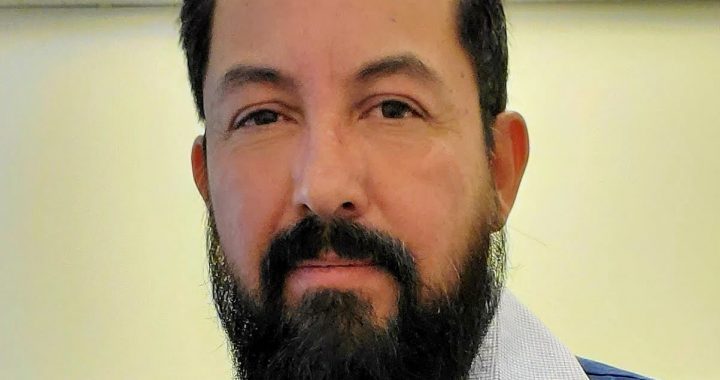This month’s At The Grill feature by William Torres (former Research Manager at Cattleland Feedyards and popular presenter at Gentec conferences) tells us why cattle are NOT the villains of climate change, and how to argue that case.
Beef producers are under increasing attack by climate activists on the contribution to climate change cause by methane exhaled by cattle. Yet the world continues to lose common sense and deny the political weight this topic carries. Why is the obvious not so clear any more? If these politicians really cared about the environment like they say, they wouldn’t fly across the country for an impromptu photo op at the Calgary Stampede!
I’m not going to go into detail about how “bad” cattle are for the environment, instead let’s focus on the benefits of these ruminants.
First off, if ever you are defending the industry and/or are in an argument with an activist, NEVER—and I mean NEVER—just direct anyone to a scientific paper for proof of empirical evidence. When someone is arguing with emotion, they will never read a paper just for fun (Who does that, anyway?). Remember, this is like trying to convert someone to your religion, and telling them theirs is bad. If they’re not drinkers, why would you tell them to read John 2:1-11? That’s when Jesus converts water into wine. Just saying.
If you really want to present evidence, ask if they would watch a video? Let’s face it, most of us would rather watch something on YouTube than read a scientific paper. Here are some suggestions in my order of aggressiveness, lol
- Cows and climate. Cows and climate by Frank Mithloehner. Yes, I know he’s a doctor but if you push the science you’ll lose the emotional battle. Mention that he’s European and doing work in California, one of the most active states fighting environmental changes.
- How cattle impact climate change. How cattle impact climate change; a CBC report that summarizes all the great things Canadians are doing in under 3 minutes.
- Protestor Diets by Quick Dick McDick. As much as it may seem that this video attacks a vegan diet, it puts a visual demonstration of all the equipment and resources needed to provide such diet. We can all use that reminder!
From an environmental standpoint, cattle play a unique role in maintaining topsoil; they till and fertilize the land naturally. They promote biodiversity and protect wildlife habitat by grazing on land that would otherwise remain unproductive for humans. They reduce the spread of wildfires, providing natural fertilizer… and so much more. Additionally, we don’t just do this improperly, we actually take into account head numbers to land-water ratio. We CARE about what we do—and that is our emotional defence. We are stewards of the land!
Beef is actually healthier and more sustainable than ever before. Thanks to innovation, education and improved efficiencies, we can produce the same amount of beef with one-third less cattle than in the mid-1970s. Industry initiatives have created policing guidelines and global organizations, such as round tables of sustainability, so that we don’t just say we’re going to do things better, we can prove that we are doing it. Such improvements are responsible for making sure that beef cattle production in North America is only responsible for ~3.3% of greenhouse gas emissions. Compare that to Canada’s road transportation sector (18% in 2018) and the oil and gas sector (20% in 2019)!
transportation and electricity, which made up ~56% of totals in 2016.
My final advice is to not argue but understand where someone is coming from. There’s a good chance that they might not understand what we do. After all, it’s not just a job, it’s a way of life.

